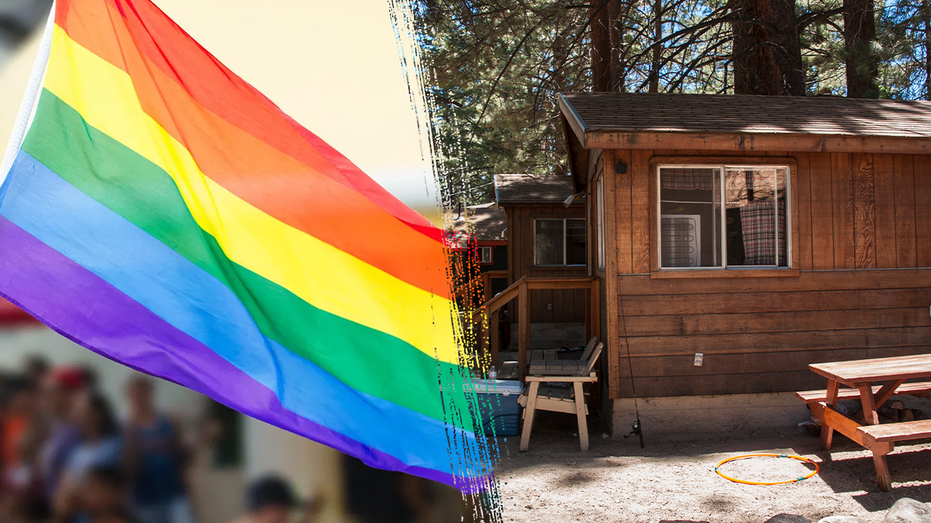Controversy Erupts Over 4-H Federal Camps Accused of Discriminating Against Kids and Counselors Based on Identity
Multiple states continue to enforce gender ideology policies reversed by the Trump administration, according to the Center for Practical Federalism.

Federally supported youth programs across the United States are under fresh scrutiny after claims emerged that some still allow both students and adult camp counselors to stay in overnight housing based on their self-identified gender, rather than their biological sex. This comes despite the Trump administration rescinding prior federal guidance supporting such policies, according to advocacy groups pressing for policy changes.
The Center for Practical Federalism, a Washington-area nonprofit focused on educating on matters of government authority and oversight, has formally urged the U.S. Department of Agriculture (USDA) to examine and address what it calls "outdated gender ideology standards" within 4-H youth programs. These programs, run in partnership with more than 100 federally funded public universities nationwide, offer education and enrichment in health, science, agriculture, and civic engagement for young people.
The controversy traces back to 2017, when the National 4-H Council and USDA’s National Institute of Food and Agriculture published guidance promoting inclusion for "individuals of all gender identities" on a federal website. That document was subsequently revoked when the Trump administration issued an executive order in January, instructing agencies to ensure that intimate spaces—including overnight accommodations—are assigned by sex, not gender identity.
Despite this clear reversal at the federal level, the Center for Practical Federalism contends that several states have yet to update their procedures. In a letter addressed to the USDA, the group cited specific cases, including at Rock Springs Ranch 4-H Camp in Kansas, where a biologically male camper who identified as female was reportedly assigned to a girls’ cabin without parental notification or consent. Similar disputes are said to exist in other states, including California and Oregon, where official documentation or training manuals permit housing assignments based on self-identified gender.
"Now that the Trump administration has rescinded all prior federal policies advancing gender ideology and replaced them with a clear biological framework through Executive Order, it is essential to ensure that federal grantees, including land-grant universities running 4-H programs, bring their practices into alignment with the law," stated Tony Woodlief, senior executive vice president of the Center for Practical Federalism. He highlighted ongoing concerns that mixed-gender overnight housing policies present challenges for parental rights and child safety.
The Kansas 4-H Foundation, whose online materials reference a ban on gender-based discrimination inclusive of gender identity for housing and activities, has not revised its policy since the Rock Springs incident. Meanwhile, neither the University of California nor Oregon State’s 4-H Youth Development Programs have commented on their current housing assignment standards.
In response to these developments, the Center for Practical Federalism is calling for a comprehensive USDA-led review of all federally funded 4-H programs and facilities to identify and eliminate enforcement of rescinded gender guidance. The organization further urges the USDA to formalize standards preventing unauthorized subregulatory guidance from bypassing established rulemaking procedures.
"We also recommend that the Department use this case as a springboard for a broader, agency-wide audit of existing guidance documents, rescinding those that bypassed the regulatory process or are no longer necessary," Woodlief added, emphasizing the need for uniformity and legal compliance across federally supported youth initiatives.
As of publication, the USDA has not responded publicly to requests for comment regarding the ongoing investigation and the potential for future policy changes across the nation’s largest youth development programs.




